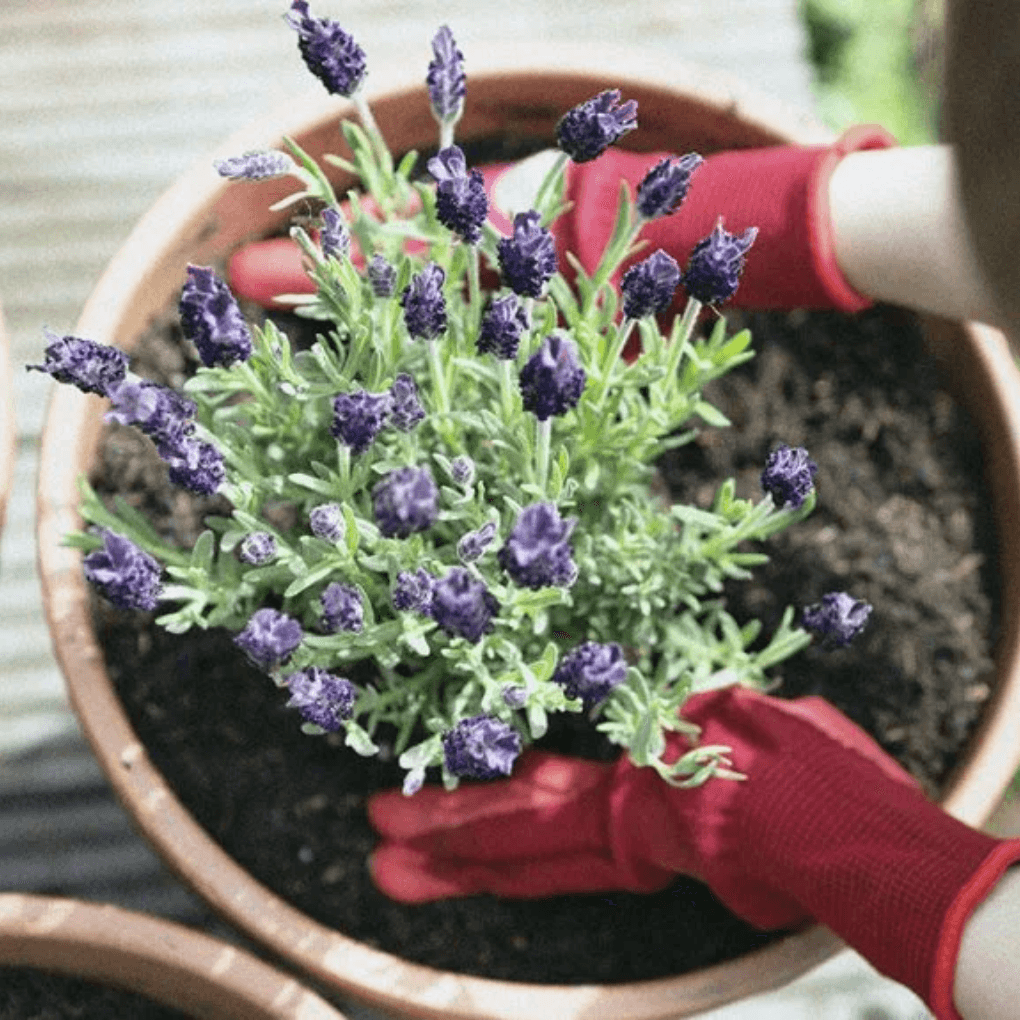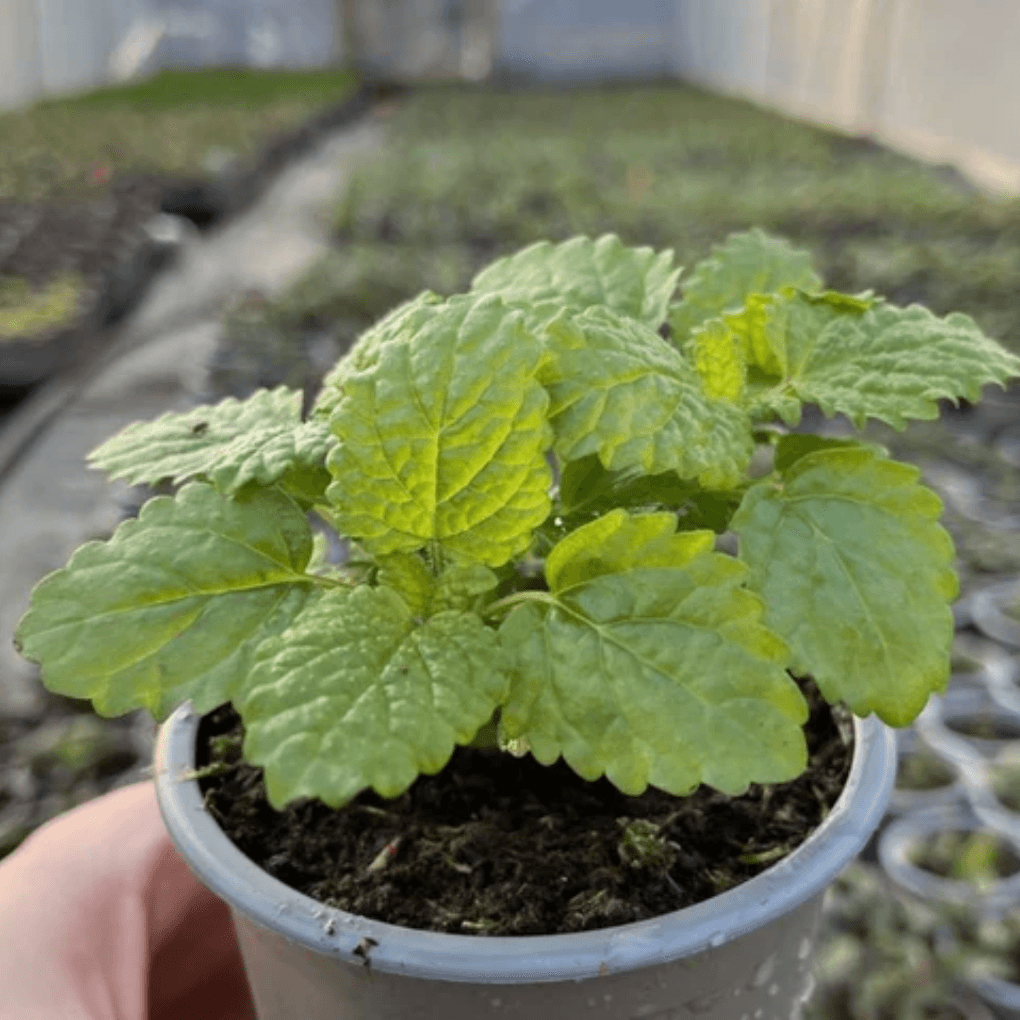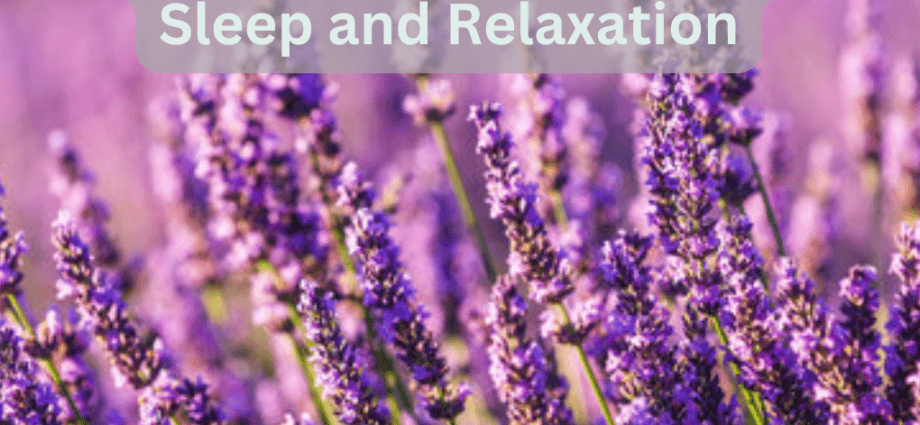Getting a good night’s sleep is essential for overall health, but many people struggle with falling or staying asleep. Factors like stress, anxiety, and a busy lifestyle can all make it harder to relax before bedtime. Fortunately, there are natural remedies that can help. Herbs have been used for centuries to promote relaxation and better sleep. In this article, we’ll explore five herbs that can support your sleep and relaxation, helping you unwind after a long day and wake up feeling refreshed.
The Importance of Quality Sleep
How Sleep Affects Your Health
Good sleep is essential for your physical and mental well-being. It helps improve mood, memory, and cognitive function. Without proper rest, your immune system weakens, making you more susceptible to illness. Sleep is also important for regulating hormones, controlling appetite, and reducing stress.
The Need for Relaxation Before Bed
A relaxing bedtime routine can signal to your body that it’s time to wind down. Stress and anxiety can interfere with your ability to fall asleep, so creating a peaceful atmosphere before bed is crucial. By using relaxation techniques and natural remedies like herbs, you can improve the quality of your sleep.
Herb 1: Lavender
What is Lavender?

Lavender is a popular herb known for its calming fragrance. It’s often used in aromatherapy and herbal remedies for stress relief. Lavender is found in many products, from oils to teas, and is prized for its soothing properties.
How Lavender Helps with Sleep
Lavender is widely known for its ability to promote relaxation and improve sleep. Research shows that lavender can reduce anxiety and enhance sleep quality. The scent of lavender has been found to lower heart rate and blood pressure, making it easier to relax before bedtime.
How to Use Lavender for Better Sleep
- Lavender Oil: Diffuse lavender essential oil in your bedroom or apply a few drops to your pillow to help you relax.
- Lavender Tea: Brew a cup of lavender tea before bed to help calm your mind.
- Pillow Sachet: Place dried lavender in a sachet and tuck it under your pillow for a natural sleep aid.
Lavender’s calming properties make it one of the top herbs for better sleep. Whether in oil, tea, or dried form, it can enhance your bedtime routine.
Herb 2: Chamomile
What is Chamomile?
Chamomile is a gentle herb that has been used for centuries to promote relaxation. Known for its delicate flowers, chamomile is most commonly consumed as tea, although it can also be found in oils and extracts.
Benefits of Chamomile for Sleep
Chamomile contains apigenin, a compound that binds to receptors in the brain, promoting calm and relaxation. It is often used to treat insomnia and reduce symptoms of anxiety. Chamomile also has mild sedative effects, making it an ideal herb for nighttime use.
Ways to Use Chamomile
- Chamomile Tea: Drink a cup of chamomile tea about 30 minutes before bedtime to calm your nerves.
- Chamomile Essential Oil: Add a few drops of chamomile oil to your pillow or diffuser for a calming effect.
- Chamomile Bath: Add chamomile tea bags to a warm bath to help relax your muscles and prepare for sleep.
Chamomile is a mild yet effective herb that can be used in various forms to help improve your sleep and reduce nighttime anxiety.
Herb 3: Valerian Root
What is Valerian Root?
Valerian root is a flowering plant that has been used for centuries to treat insomnia and promote relaxation. It’s commonly taken as a supplement, but it can also be found in teas and tinctures.
How Valerian Root Aids Sleep
Valerian root is known for its calming effects on the nervous system. It helps increase the amount of gamma-aminobutyric acid (GABA) in the brain, which has a calming effect. GABA plays a key role in reducing feelings of anxiety and promoting sleep. Valerian is particularly helpful for those who have trouble falling asleep due to racing thoughts or anxiety.
How to Take Valerian Root
- Valerian Root Tea: Brew valerian root tea and sip it an hour before bed to ease into a restful sleep.
- Valerian Root Supplements: Take valerian root capsules or tablets according to the recommended dosage.
- Valerian Tincture: Use a few drops of valerian root tincture in a glass of water for relaxation.
Valerian root is a strong herb that can provide deep relaxation and help improve sleep quality, particularly for those with anxiety-related sleep issues.
Herb 4: Lemon Balm
What is Lemon Balm?
Lemon balm is a member of the mint family and has a mild lemon scent. It’s been used for centuries as a natural remedy for stress, anxiety, and sleep disturbances. It is often consumed as tea, although it can also be used in essential oils and supplements.
The Role of Lemon Balm in Sleep
Lemon balm contains compounds that help reduce stress and improve sleep. It works by calming the nervous system, reducing anxiety, and promoting relaxation. Lemon balm is often combined with other herbs like valerian root or chamomile to enhance its sedative effects.
How to Use Lemon Balm

- Lemon Balm Tea: Drink lemon balm tea before bed to calm your nerves and prepare for sleep.
- Lemon Balm Tincture: Take a few drops of lemon balm tincture to relieve stress and promote relaxation.
- Lemon Balm Oil: Use lemon balm essential oil in a diffuser to create a peaceful bedtime atmosphere.
Lemon balm is an excellent choice for anyone looking for a gentle, natural way to improve their sleep and relax before bed.
Herb 5: Passionflower
What is Passionflower?
Passionflower is a climbing vine with beautiful purple flowers. It has been used in traditional medicine for its calming properties. Passionflower is often consumed as tea or taken in supplement form.
How Passionflower Promotes Relaxation
Passionflower has a mild sedative effect that can help calm the mind and prepare the body for sleep. It’s known for reducing anxiety and promoting feelings of relaxation. Passionflower is particularly useful for people who experience restlessness or nervousness at night.
Ways to Use Passionflower
- Passionflower Tea: Drink passionflower tea before bed to help calm your mind and body.
- Passionflower Supplement: Take a passionflower supplement according to the recommended dosage for stress relief.
- Passionflower Tincture: Use a few drops of passionflower tincture in a glass of water to ease anxiety and promote relaxation.
Passionflower is an effective natural remedy for sleep, especially for those dealing with nighttime anxiety or restlessness.
How to Choose the Right Herb for You
Factors to Consider
- Personal Preferences: Some herbs may be more appealing to you in terms of taste or scent.
- Sensitivity: Some people may be more sensitive to certain herbs, so it’s important to pay attention to how your body reacts.
- Desired Outcome: If you struggle with anxiety, valerian root or passionflower may be best. For mild stress, lavender or chamomile may be more suitable.
Consult a Professional
Before starting any herbal regimen, it’s a good idea to consult with a healthcare provider, especially if you have any existing health conditions or are taking other medications.
Conclusion
Herbs offer a natural way to improve sleep and promote relaxation. Lavender, chamomile, valerian root, lemon balm, and passionflower are all excellent choices for those looking to reduce stress and improve their bedtime routine. Experiment with these herbs to find the one that works best for you, and enjoy a more restful, rejuvenating sleep each night.
